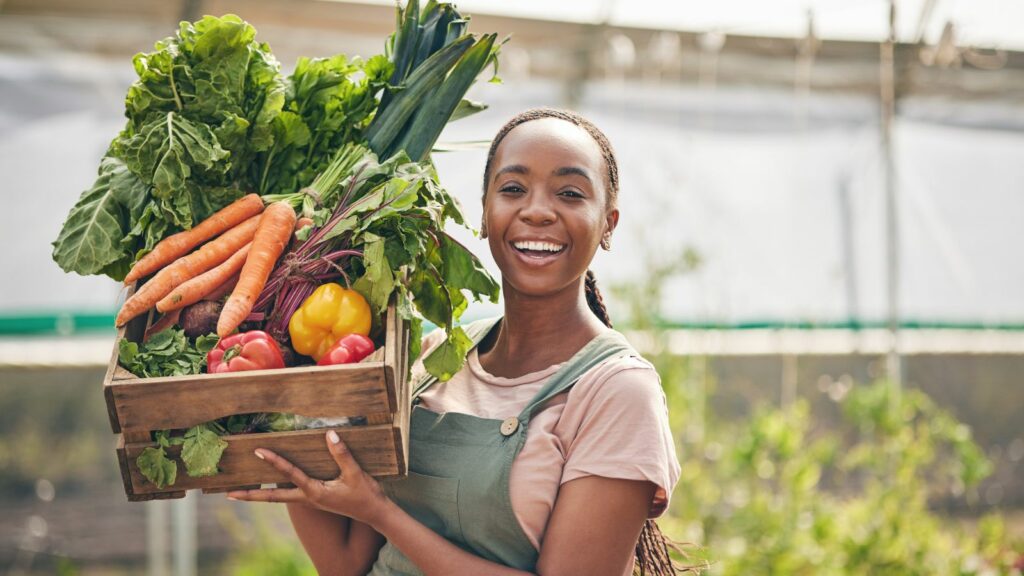The global food supply chain is a complex web that impacts every aspect of our lives. From production to distribution, various factors shape the availability, quality, and affordability of the food we consume. In 2024, several trends and challenges are reshaping this critical system. Let’s explore some eye-opening truths:
Inflation Fueling Cargo Theft
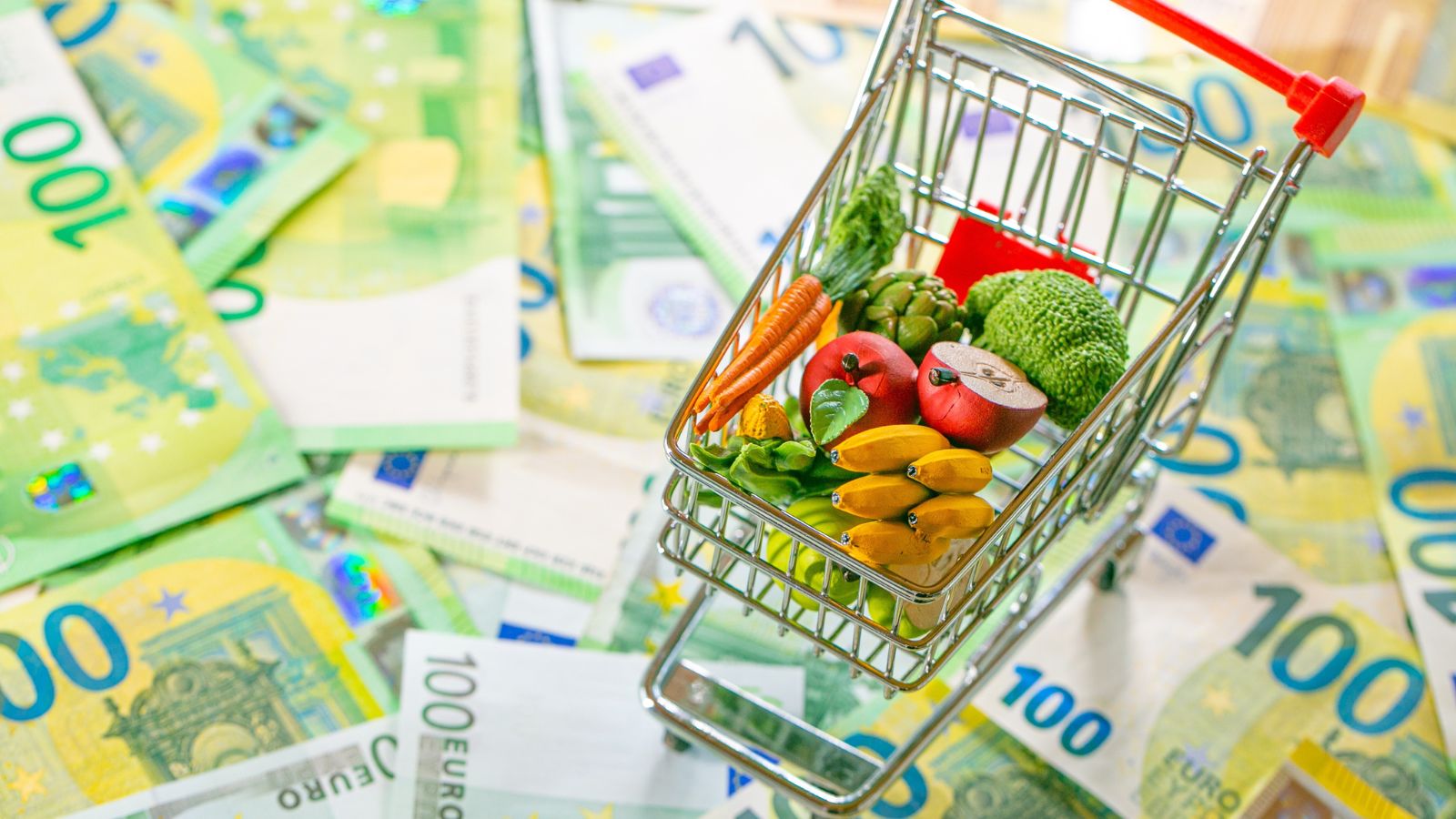
As food prices continue to rise, cargo theft becomes a significant concern. Food prices increased by 2.7 percent in the US from December 2022 to 2023. While overall inflation is expected to decelerate in 2024, certain products experience severe price spikes. Olive oil prices, for instance, surged by 75 percent in Spain, Italy, Turkey, and Greece, leading to higher incidents of product theft.
Weakening Agricultural Yields
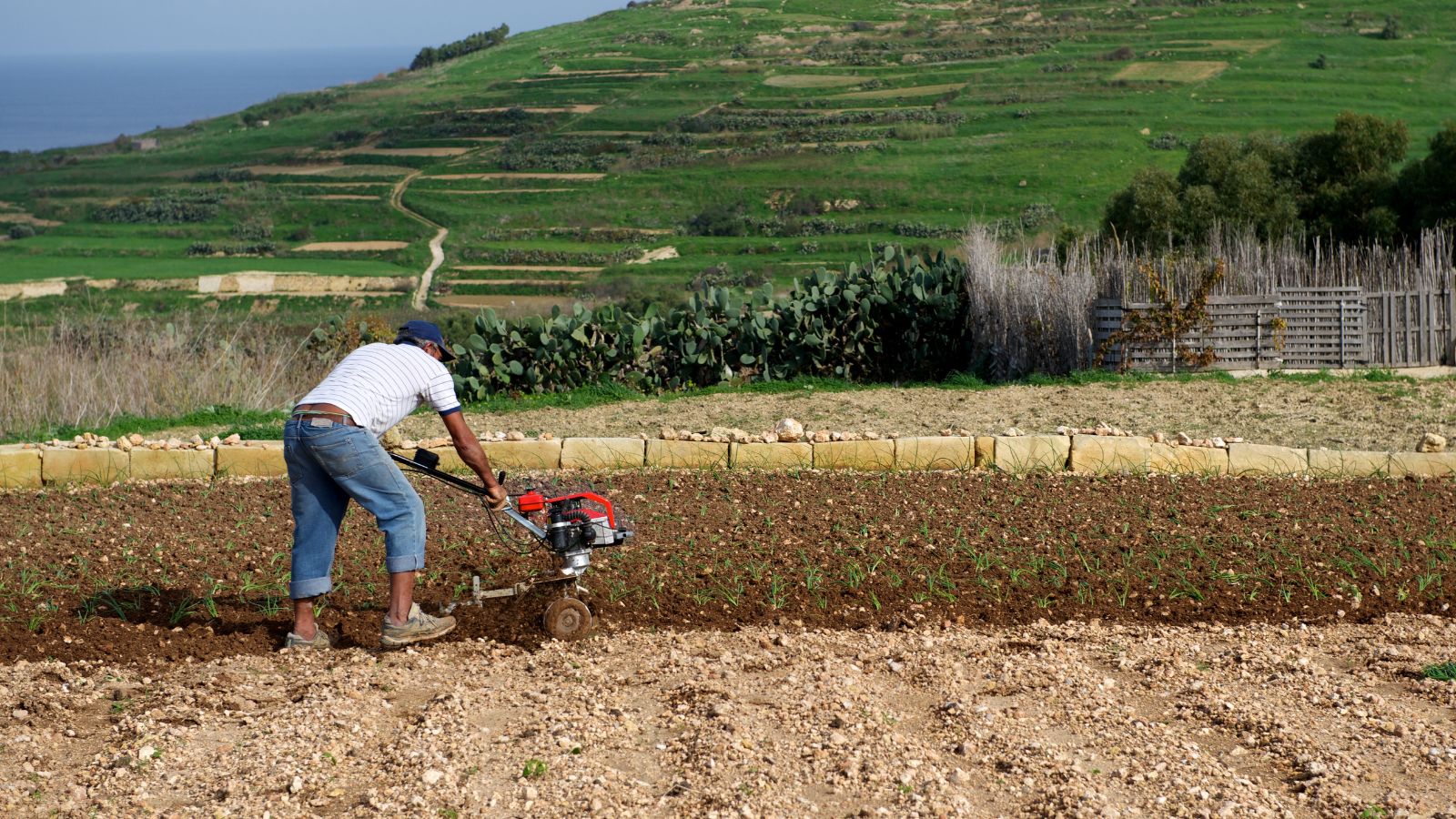
Adverse weather events, such as heatwaves and wildfires, wreaked havoc on crop production globally in 2023. Sicily reported damage to its agricultural industry due to extreme weather conditions over 200 million euros. Farmers are adopting climate-smart agriculture practices, including precision irrigation and sensor-based monitoring, to mitigate climate-related damage.
International Trade Practices and ESG Regulations

Global Environmental, Social, and Governance (ESG) regulations have surged 155 percent in the past decade. These regulations are transforming food supply chains. The European Union’s requirements, such as the Regulation on Deforestation-Free Products and the Directive on Green Claims, are changing industries worldwide as export markets adapt to comply.
Shrinkflation Backlash
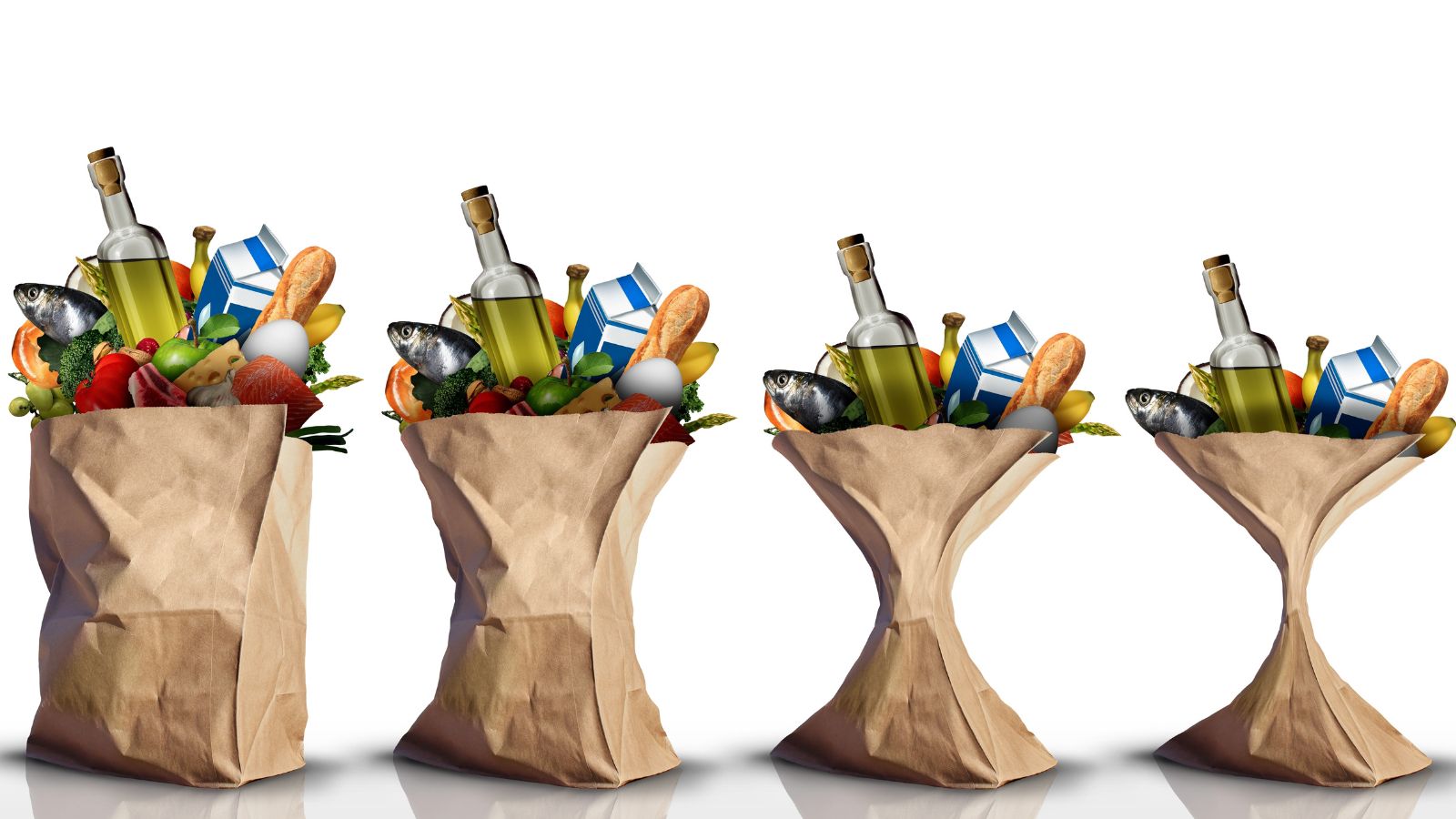
Consumers are increasingly aware of “shrinkflation,” in which product quantities decrease, and ingredients are reformulated while prices remain the same or increase. Brands must navigate this delicate balance to maintain consumer trust.
Blockchain for Transparency

Blockchain technology is gaining traction in the food industry. It enhances transparency by allowing consumers to trace the journey of their food—from farm to table. This transparency builds trust and ensures food safety.
Urban Farming Revolution

Urban farming is rising, with rooftop gardens, hydroponics, and vertical farms sprouting in cities worldwide. These localized food production systems reduce transportation costs and promote sustainability.
AI and Precision Agriculture

Artificial intelligence (AI) is revolutionizing agriculture. From predictive analytics to autonomous tractors, AI optimizes crop yields, minimizes waste, and conserves resources.
Food Waste Reduction
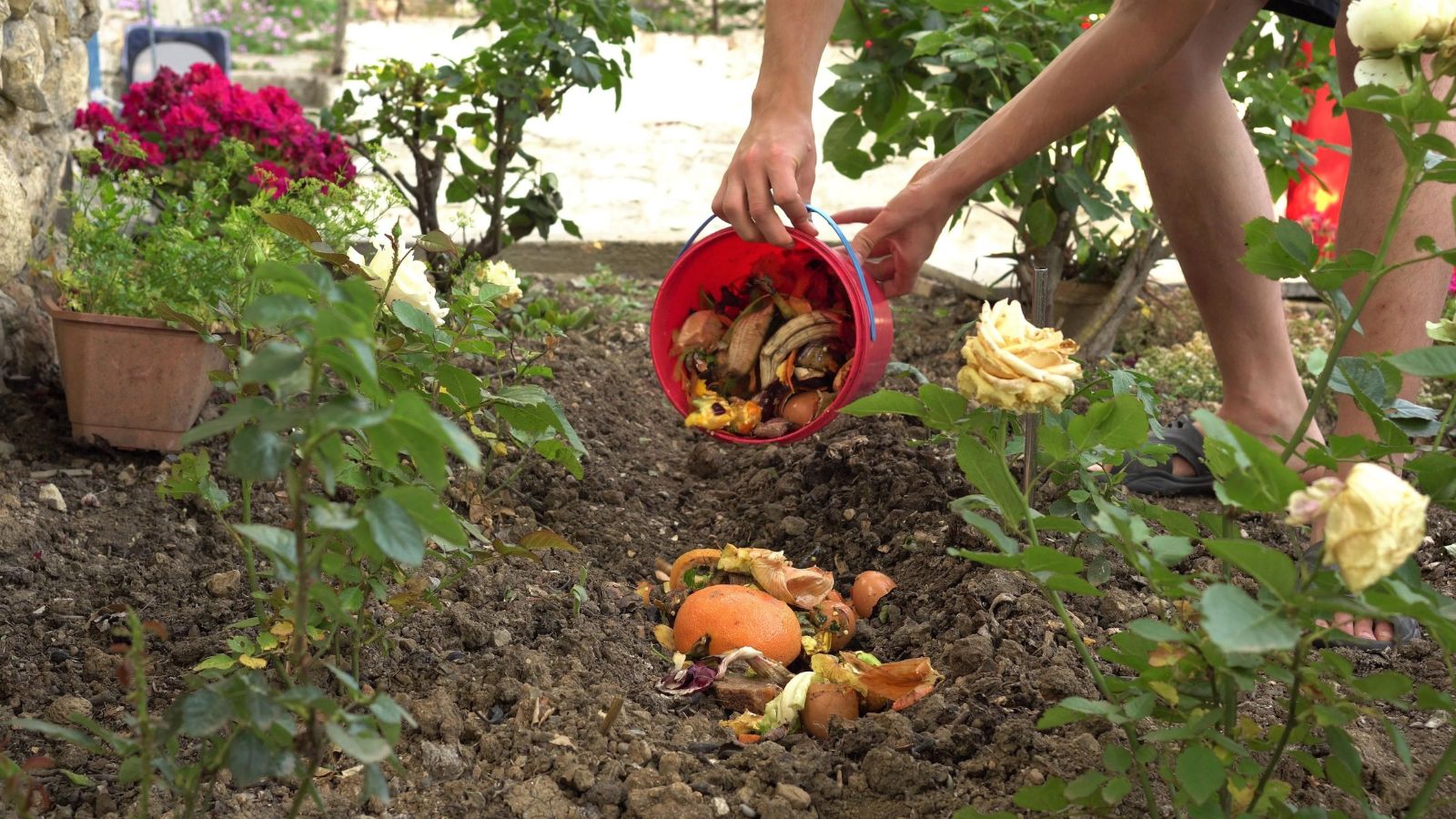
Efforts to reduce food waste are gaining momentum. Innovations in packaging, better inventory management, and consumer education are crucial in minimizing waste.
Regenerative Agriculture
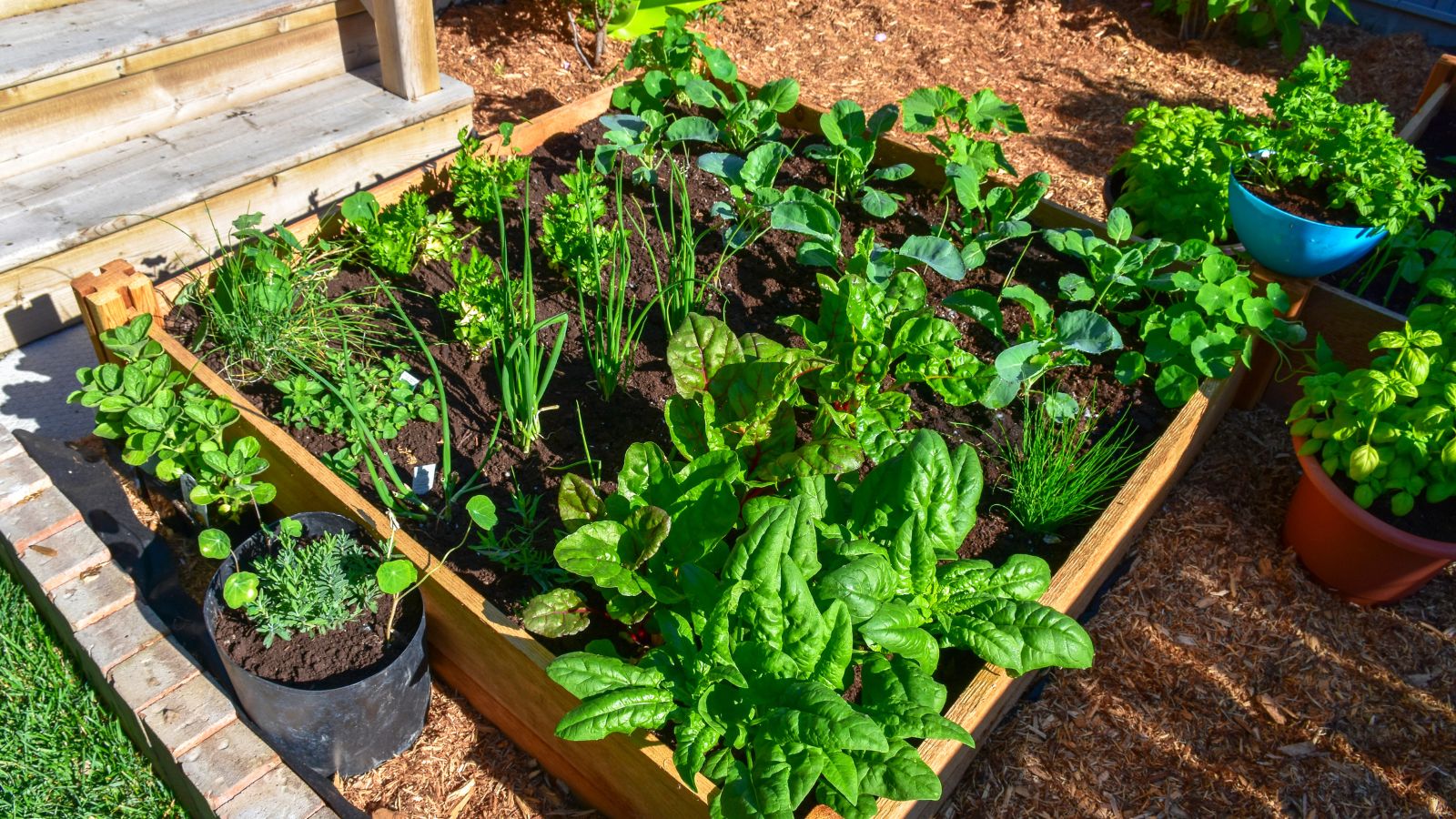
Regenerative practices focus on soil health, biodiversity, and carbon sequestration. Farmers are adopting cover cropping, rotational grazing, and no-till farming to restore ecosystems and enhance food security.
Aquaculture Innovation

Aquaculture (fish farming) is evolving. Sustainable practices include recirculating aquaculture systems (RAS) that minimize water usage and reduce pollution. Expect more diverse seafood options on your plate.
Alternative Proteins
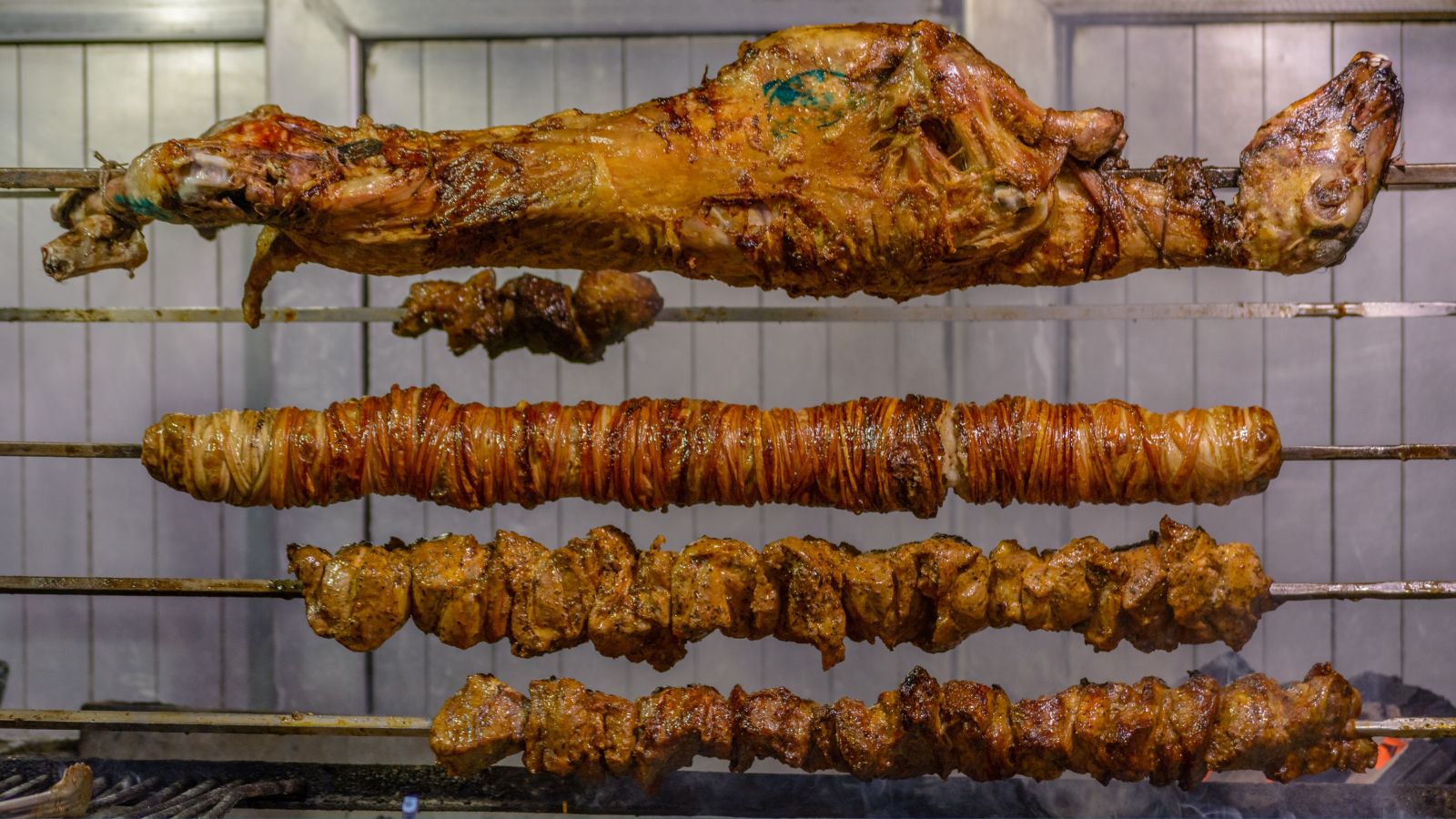
Beyond meat and soy, alternative proteins are gaining traction. Insects (yes, insects!), algae, and lab-grown meats offer sustainable protein sources. Get ready for cricket protein bars and algae-based snacks.
Food Deserts and Urban Access

Food deserts—areas with limited access to fresh, affordable food—remain a challenge. Urban planning and community initiatives address this by creating urban gardens and mobile markets.
Microplastics in Food

Microplastics from packaging and pollution find their way into our food. Researchers are studying their impact on human health. Choosing minimally packaged foods can help reduce exposure.
Vertical Farming Takes Off

Vertical farms and stacked layers of crops in urban buildings optimize space and reduce transportation. Expect more leafy greens and herbs grown right in your city.
Climate-Resilient Crops

Scientists are developing climate-resilient crop varieties. Drought-tolerant wheat, flood-resistant rice, and heat-tolerant maize are essential for food security in a changing climate.
Food Traceability with QR Codes
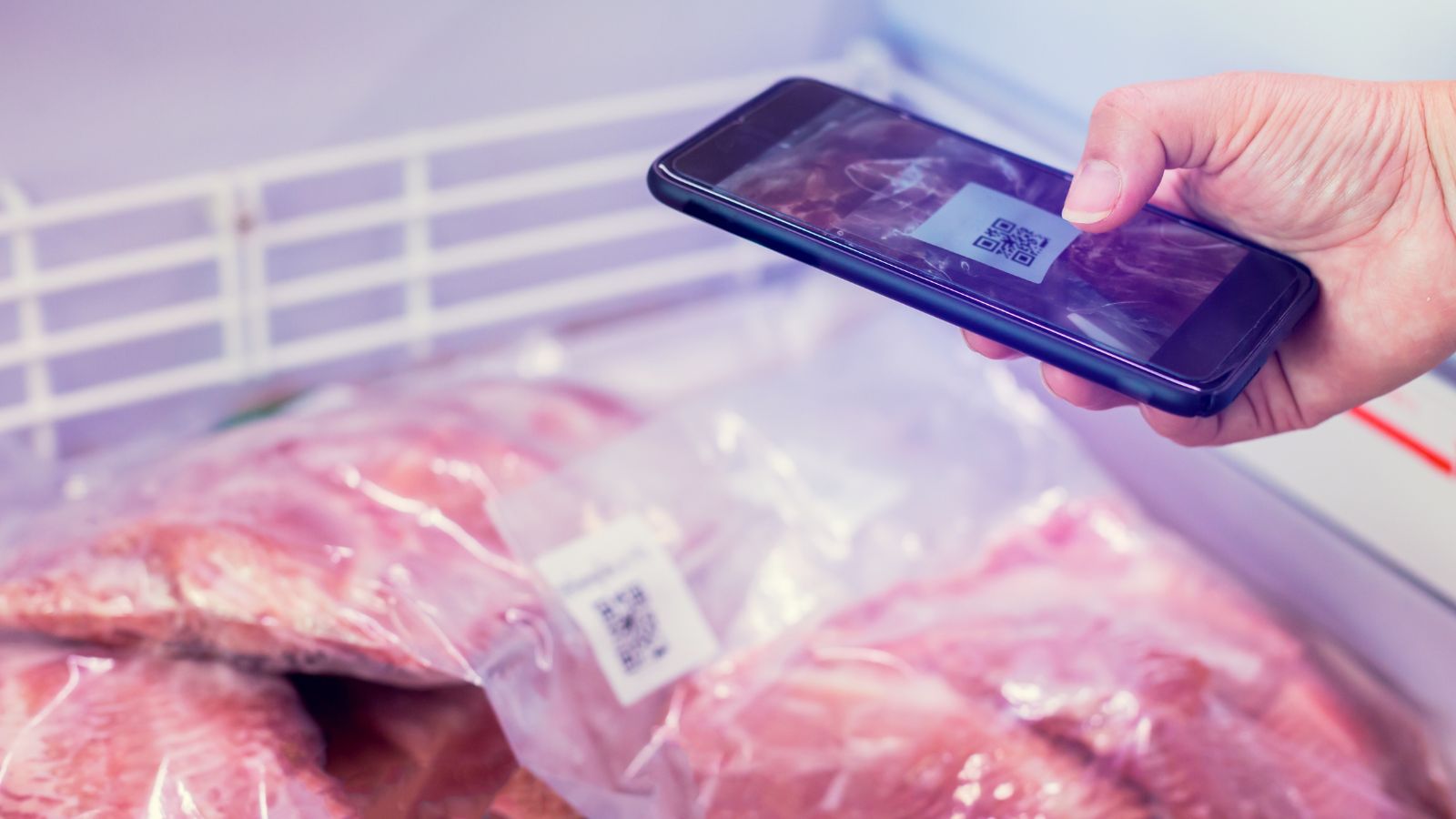
QR codes on food packaging allow consumers to trace product origins, certifications, and safety information. Scan and know where your food comes from!
Edible Packaging
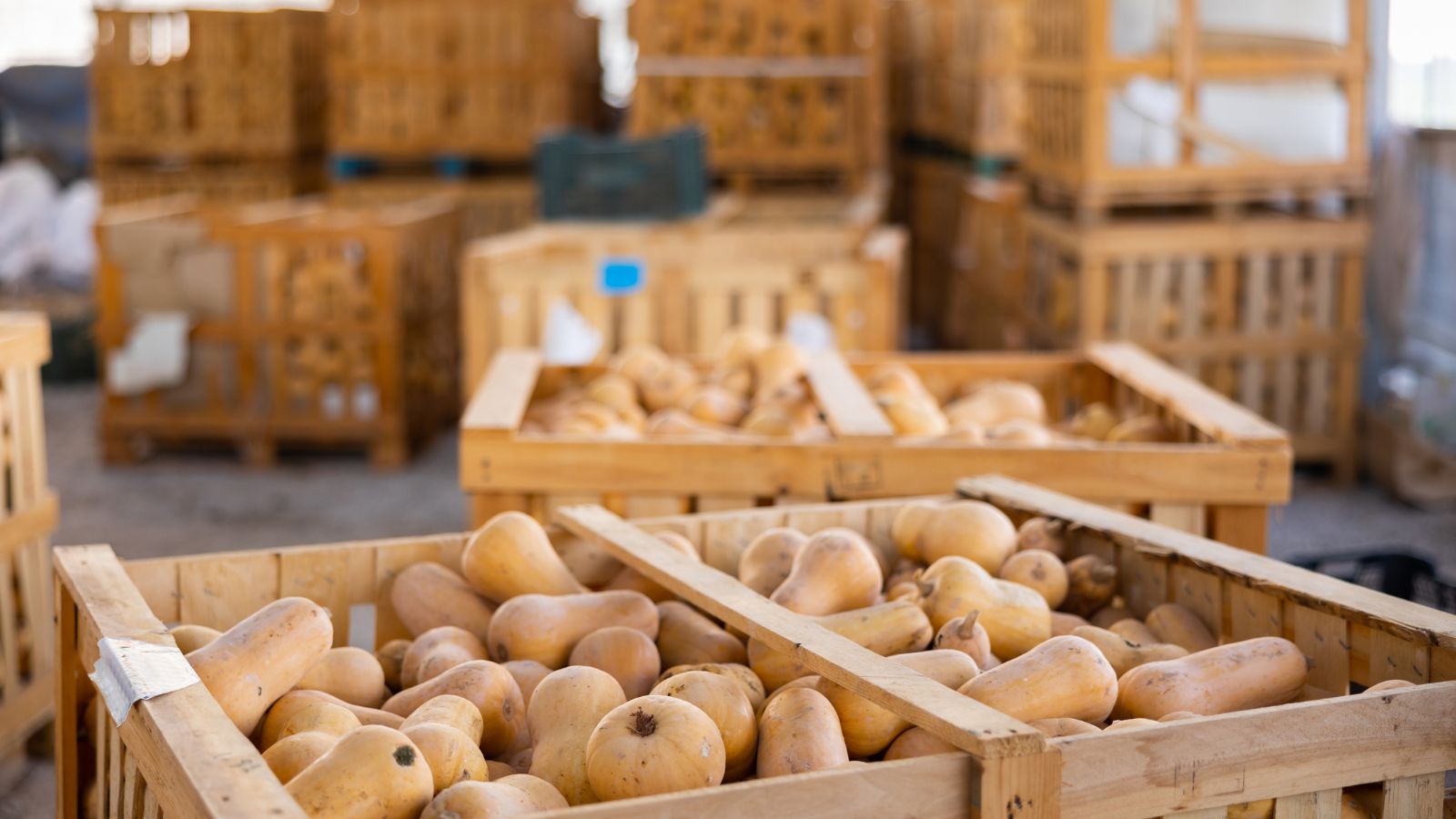
Imagine eating your food wrapper! Edible packaging from seaweed, rice, or potato starch reduces plastic waste. It’s both eco-friendly and tasty.
Food Literacy Matters
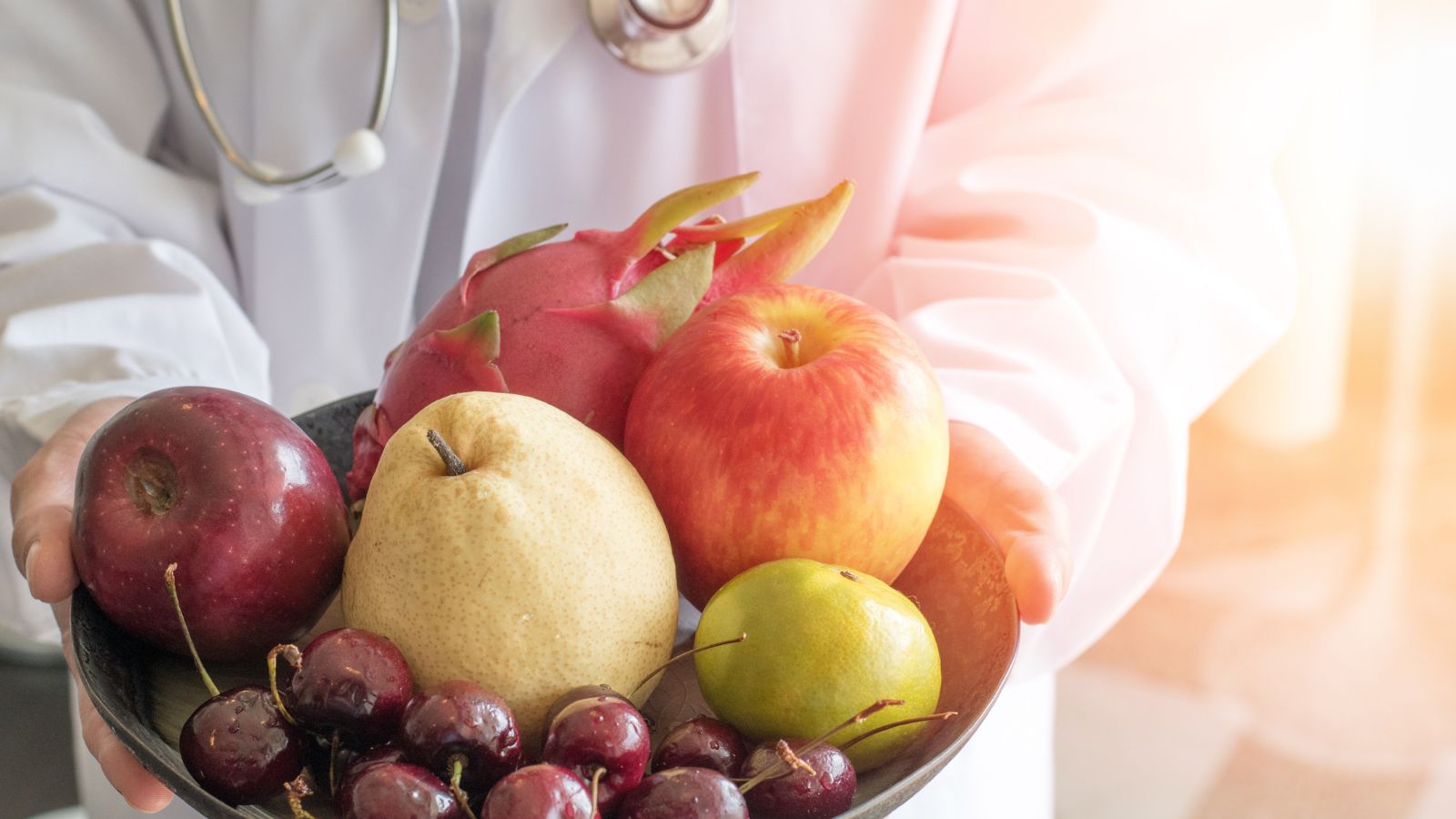
Understanding nutrition labels, cooking skills, and sustainable choices is crucial. Food literacy empowers consumers to make informed decisions for their health and the planet.
Conclusion
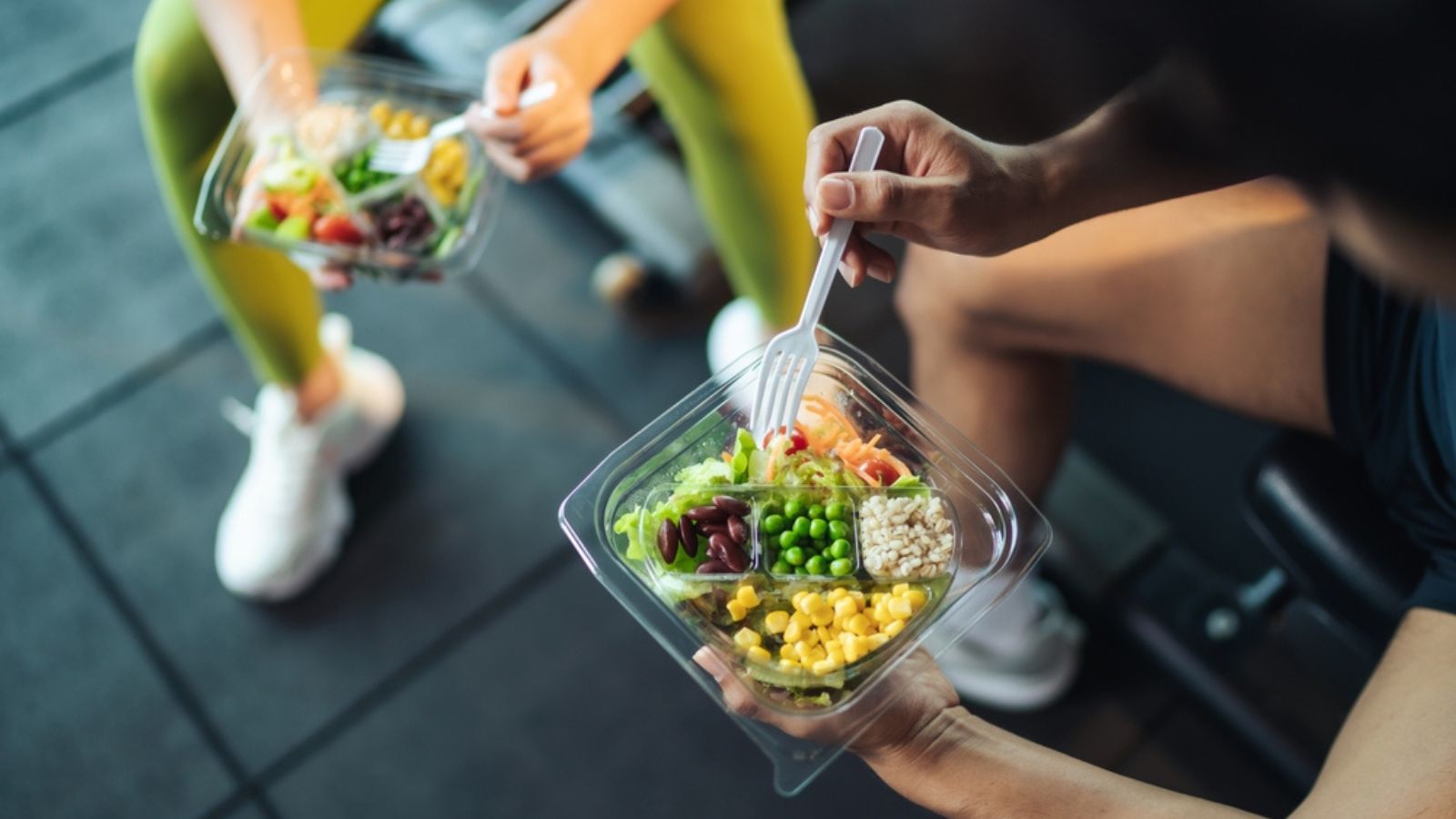
As we navigate 2024, understanding these truths about our food supply chain empowers us to make informed choices. Whether supporting sustainable practices or advocating for transparency, everyone contributes to a healthier, more resilient food system.
14 Cars with a Reputation for Running Forever and Why They Outperform the Rest

In the dynamic world of automobiles, some cars stand out for their remarkable longevity and enduring performance. These road warriors have earned a reputation for running seemingly forever, outpacing their counterparts. This article will explore 14 such vehicles and the reasons behind their legendary durability.
14 Cars With A Reputation For Running Forever And Why They Outperform The Rest
